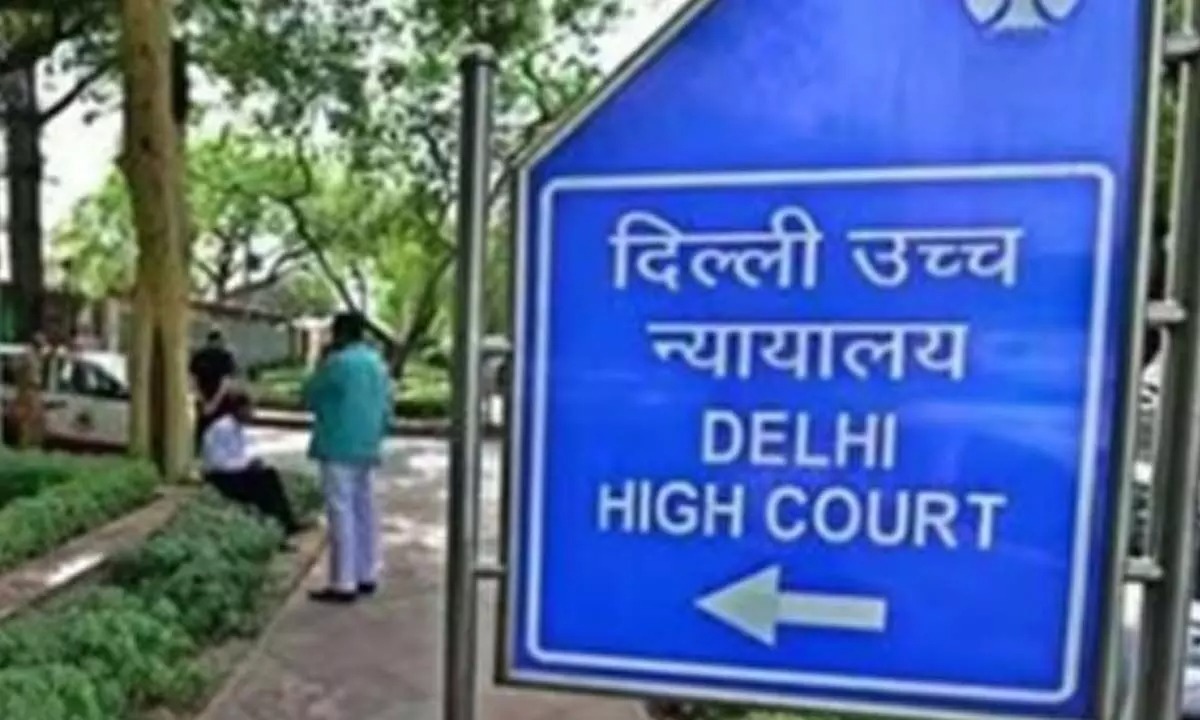@JUDGMENTTAG-ORDER
Amreshwar Pratap Sahi, J.@mdashThe petitioner has come up questioning the order dated 9.4.2010 (Annexures-3 and 4 respectively) on the ground that once the suspension order has been revoked, there is no occasion to transfer the petitioner and attach him 400 Kms. away.
2. Sri Anil Bhushan relies on Rule 153(4) of the Railway Protection Force Rules, 1991 to substantiate his pleas.
3. Sri Govind Saran, learned Counsel for the respondents, contends that as a matter of fact, the authorities have taken a lenient view of the matter and have revoked his suspension whereafter he has been transferred to a place, which is permissible under the Rules. He submits that the transfer does not prejudice any of his rights and being a member of the Railway Protection Force, there is no violation of law which may give him a right to invoke the extra-ordinary jurisdiction under Article 226 of the Constitution of India.
4. Having heard learned Counsel for the parties and having perused Rule 153 (4) (supra), the same clearly recites that the disciplinary authority "may order" for the transfer or otherwise of a delinquent to any other place pending inquiry. The aforesaid words are, therefore, discretionary and not mandatory for the authority as suggested by the learned Counsel for the petitioner. Apart from this, the petitioner is a member of a disciplined force and, as rightly stated by Sri Govind Saran, the authority has taken a lenient view of revoking his suspension order. The order does not cause any prejudice, much less a legal prejudice to the petitioner.
5. The writ petition lacks merit and is, accordingly, dismissed.

